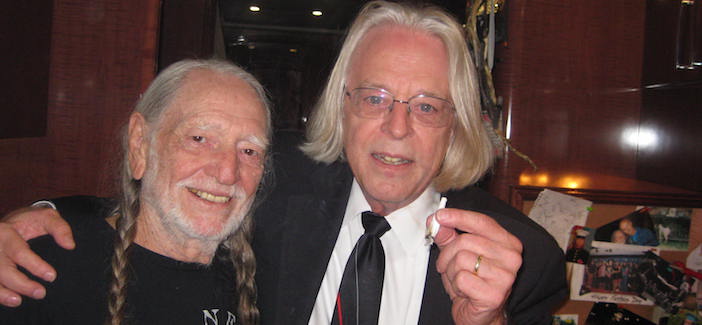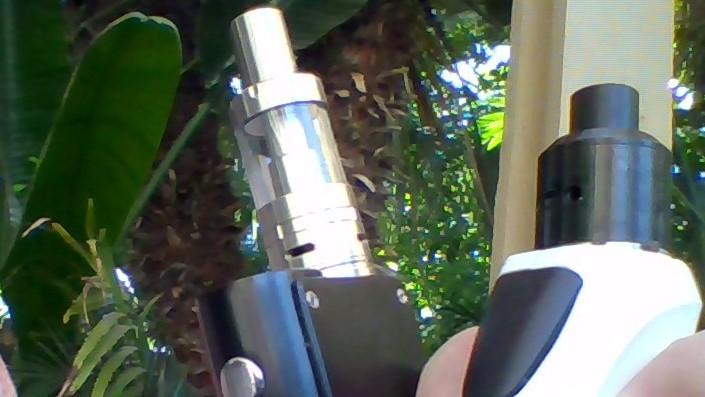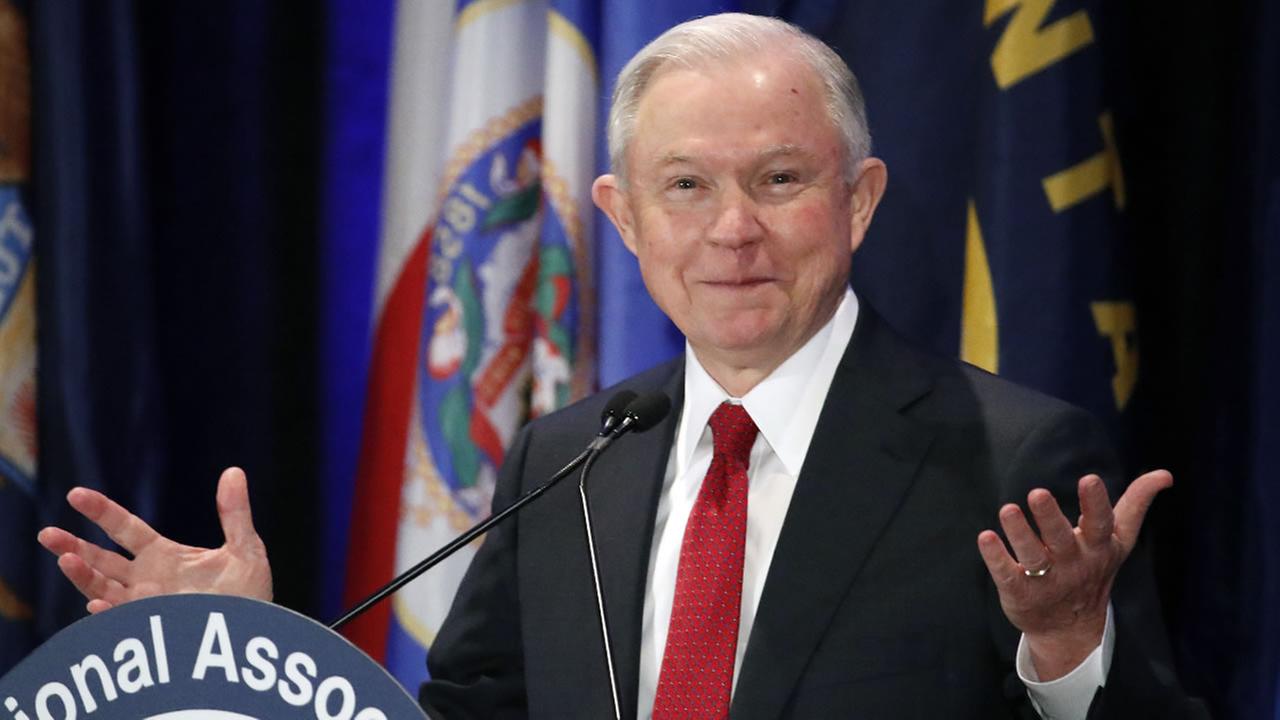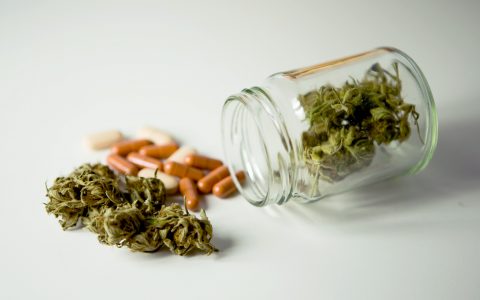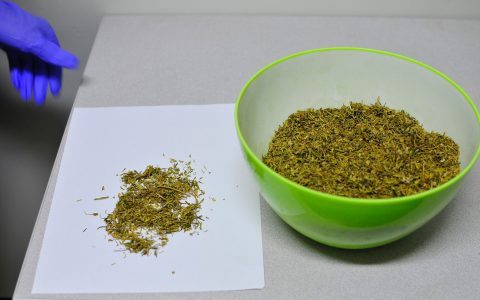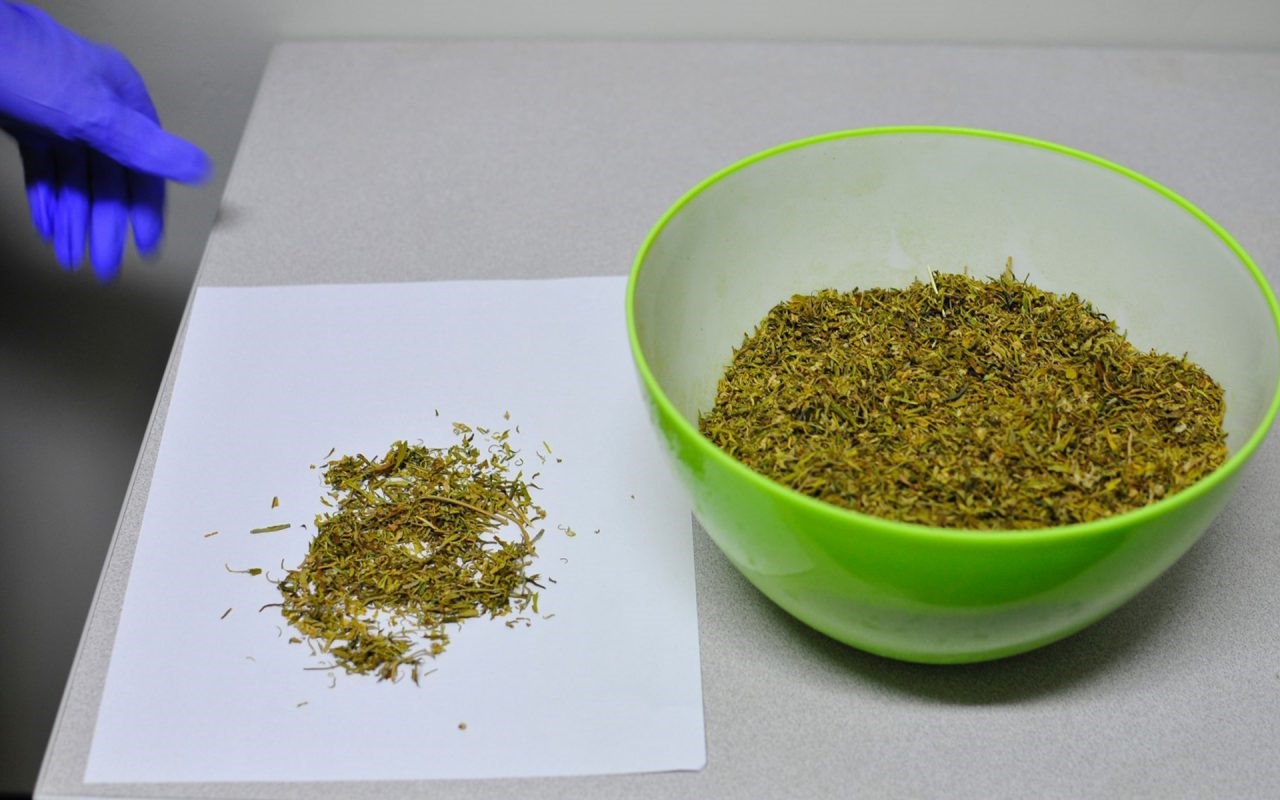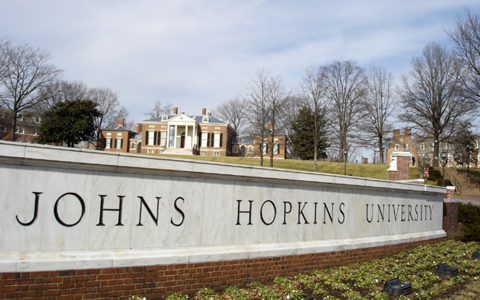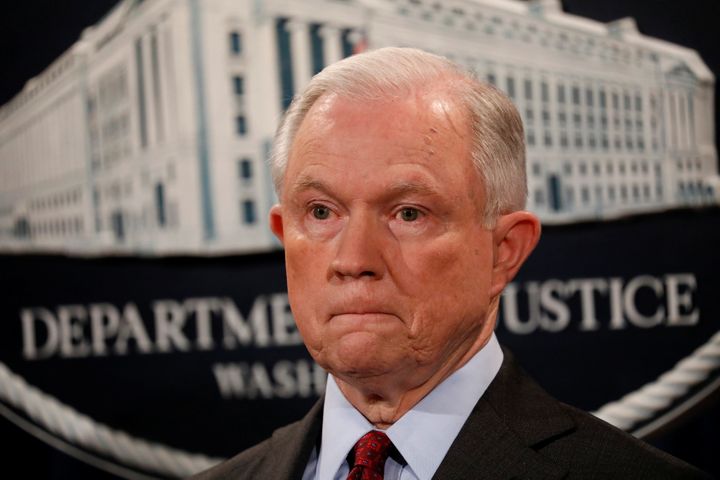Baron23
Well-Known Member
Editorial: Pot-fearing AG should meet with state officials
When Attorney General Jeff Sessions was being tortured by the president’s tweets, he must’ve wondered why the two of them couldn’t have a face-to-face meeting instead. That’s generally how adults handle such things.
Gov. Jay Inslee and Attorney General Bob Ferguson wonder the same in dealing with Sessions on marijuana. They’ve asked multiple times for an in-person conversation, just as they had with Attorney General Eric Holder, but no such luck.
However, Sessions did send a letter, dated July 24, that talked past the state’s concerns and reiterated his power to intervene. In the letter, he asks how the state is dealing with various issues. What better way to get those answers than a sit-down session, where a give-and-take can take place?
For instance, Sessions’ letter wonders about the lack of regulations for medical marijuana. Apparently, he isn’t aware that the state Legislature addressed that longstanding problem last year with legislation that harmonized medical marijuana and recreational marijuana regulations. It’s a remarkable oversight given the bevy of headlines the bill created.
“Honestly, it’s hard to take him seriously if he relies on such outdated information,” Ferguson said in a Seattle Times article.
A meeting also would allow state leaders to ask questions. For instance, Sessions convened a task force in an apparent search for ammunition to shut down legalized pot.
But, the Associated Press reports: “The Task Force on Crime Reduction and Public Safety, a group of prosecutors and federal law enforcement officials, has come up with no new policy recommendations to advance the attorney general’s aggressively anti-marijuana views. The group’s report largely reiterates the current Justice Department policy on marijuana.”
AP notes that it obtained portions of the report and there was no plan to release it publicly.
Why not? Why is the attorney general ignoring his own task force, cherry-picking data, using outdated information and raising the specter of a federal shutdown? Possibly because he holds the outdated view that pot is as harmful as heroin and has no medicinal value.
Sessions’ letter points to a 2014 Spokane Valley report that 64 percent of DUIs issued for pot use went to minors. That reflects a single jurisdiction during a particular time. Also, minors use marijuana in states where it hasn’t been legalized. What do the numbers show there?
Is Sessions aware of the American Public Health study showing no statistical difference in automobile crash fatalities in Washington and Colorado when compared with similar states where pot remains illegal? Is he aware of the state Department of Health surveys of thousands of youths showing no increase in marijuana use?
If he would agree to a sit-down, he could learn a lot. He certainly knows the downside of being left in limbo.
To respond to this editorial online, go to www.spokesman.com and click on “Opinion.”
The Spokesman-Review Editorial Board
So many battles to face in this administration why would Sessions create more havoc and more problems for himself? Hopefully he is bluffing with all this BS to make himself appear as a tough guy. I didn't realize Sessions is only 5'4". There's nothing wrong with that being a short person but some men get what's called "little man syndrome." Maybe this is part of his tough guy persona?
CK
hehehehe...so I release a call for content and our own Carol King pops out with a real winner (I mean that, liked the article). You been holding that one back for just such an occasion? JK LOL
